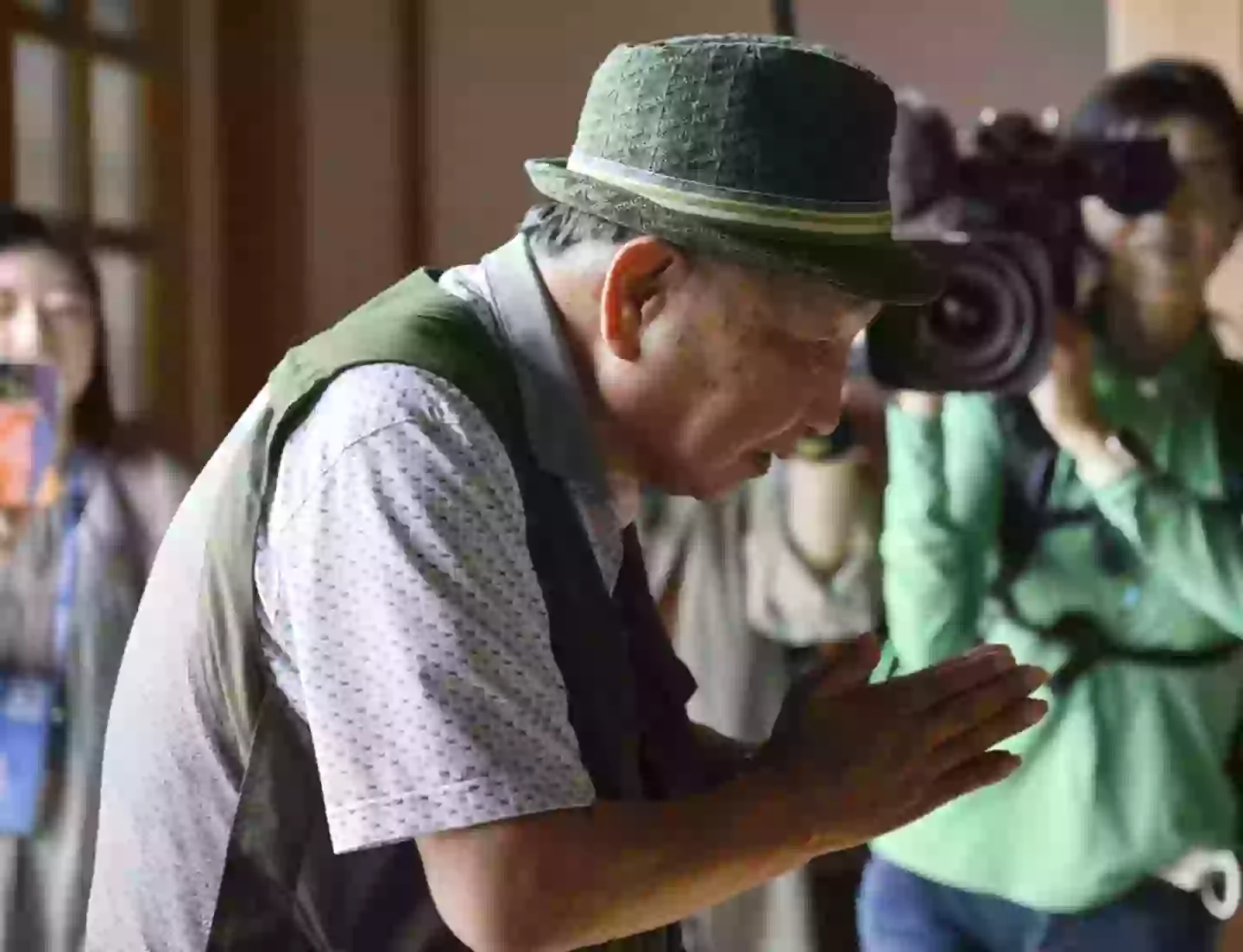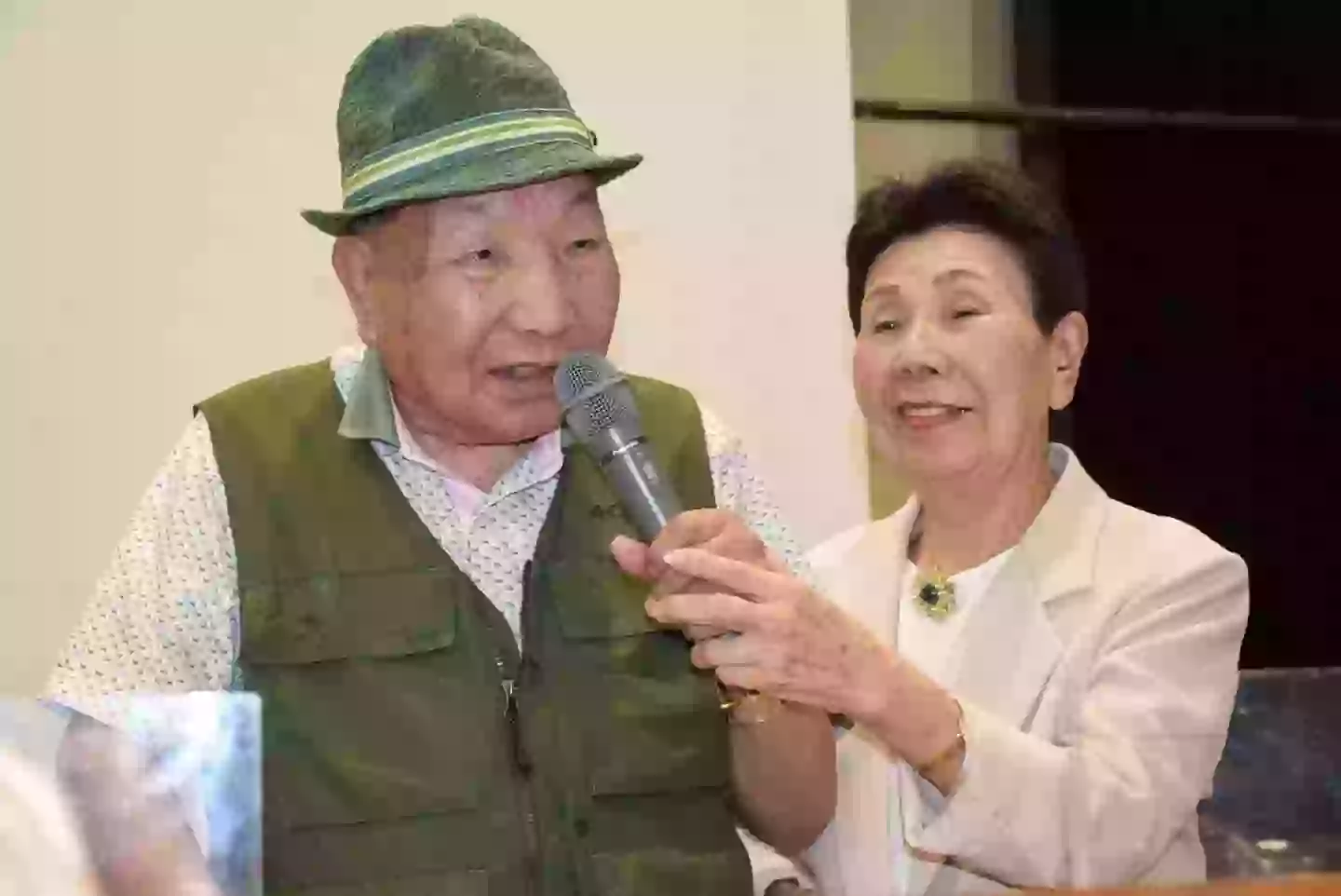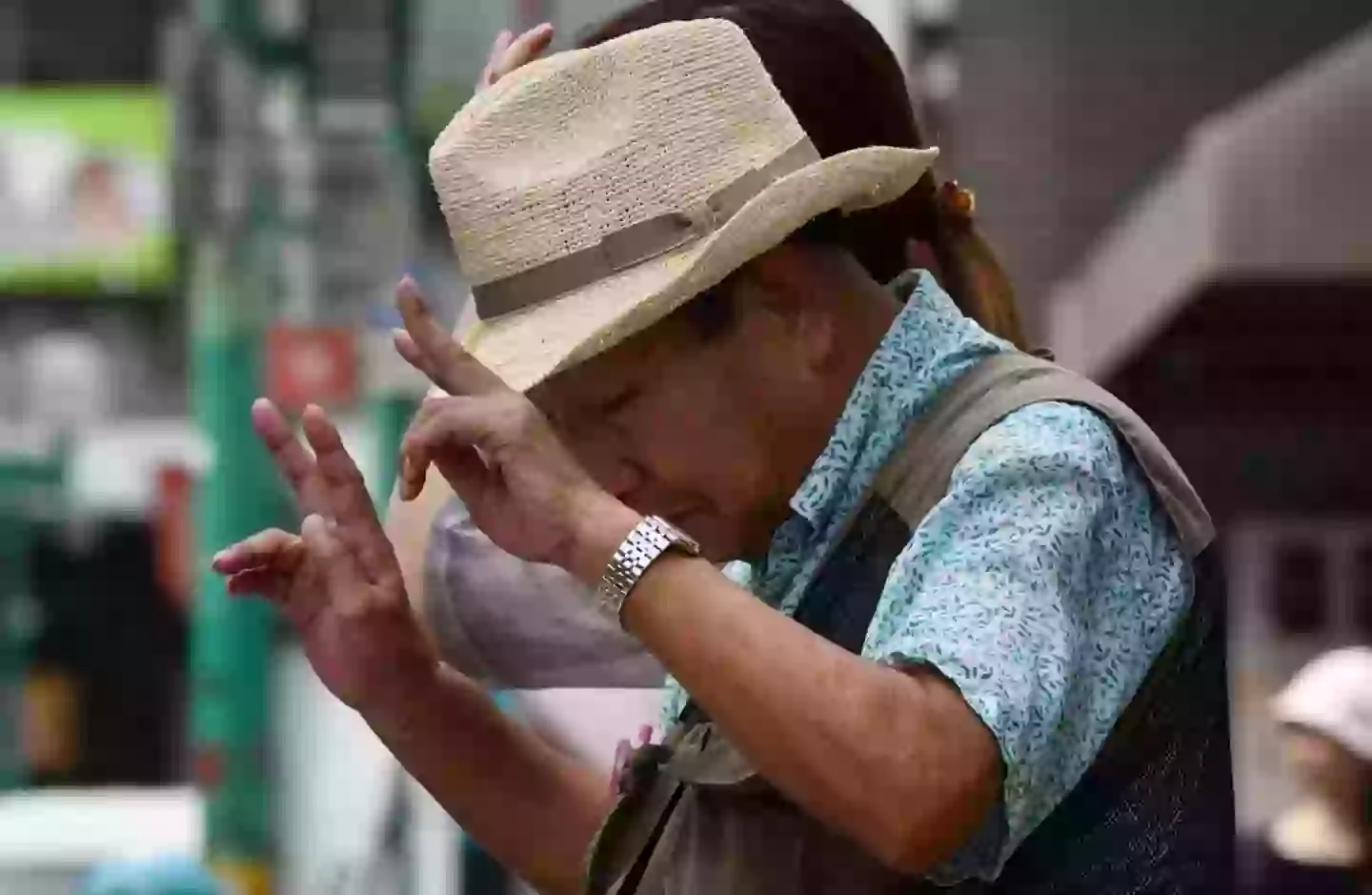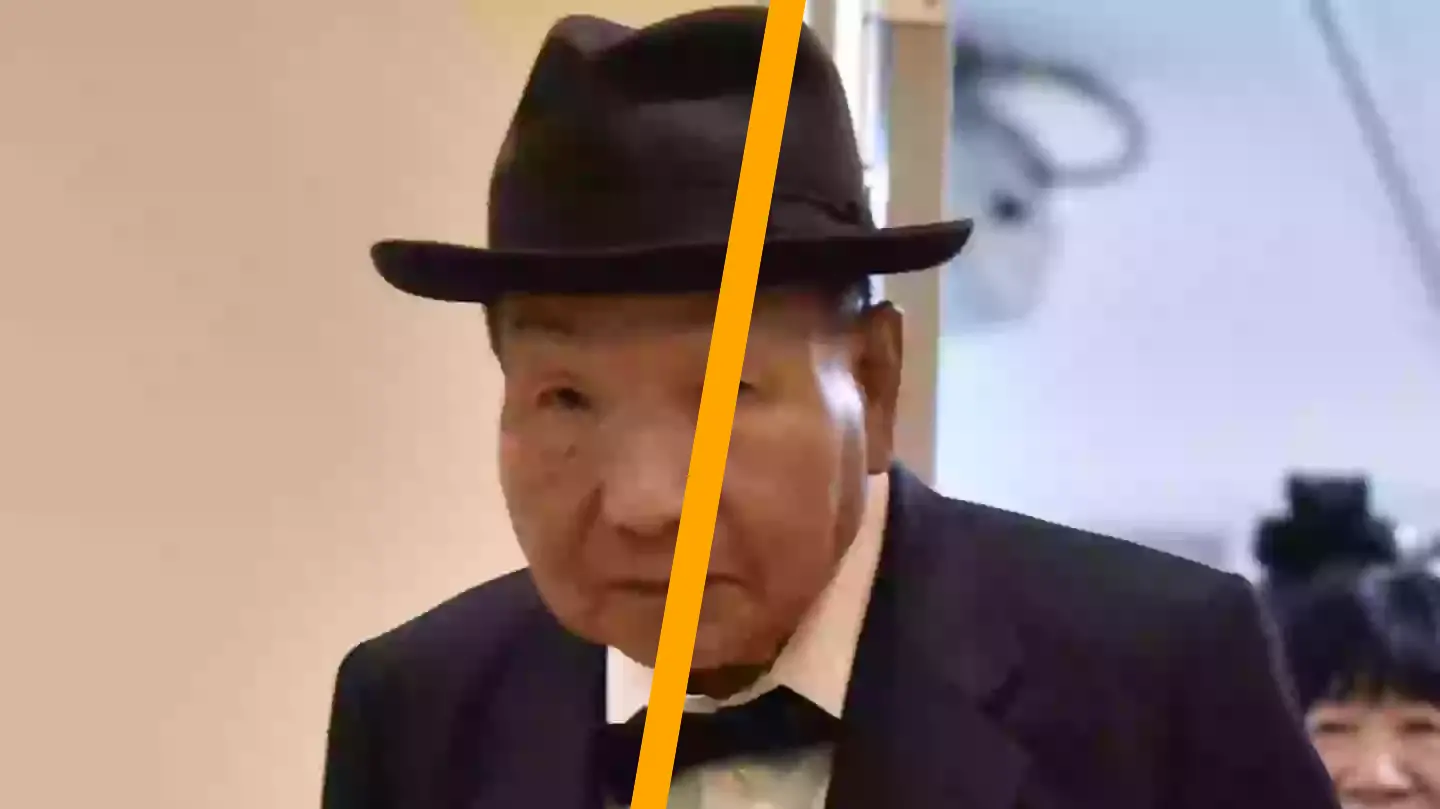Iwao Hakamata, a Japanese man who was sentenced to death in the 1960s, is now set to receive a substantial sum in compensation.
In 1968, Hakamata, then 32, was convicted of the murder of his boss, the boss’ wife, and their two teenage children following the arson of their family home two years earlier.
Now 89, Hakamata will receive 217 million yen (approximately $1.45 million), which amounts to $25,892 for each year until he was exonerated last year.
Although this amount may not seem adequate for decades of imprisonment, it marks the largest compensation for a criminal case in Japan’s history.

On Twitter, some users criticized the compensation amount, with one user stating: “Not enough.”
Another user commented: “That’s very little compensation… insignificant.”
Hakamata, a former boxer, has consistently declared his innocence. However, his first request for a retrial was denied in 1980, and a second appeal was filed in 2008 by his sister, Hideko Hakamata, now 91.
It wasn’t until 2014 that a judge ordered a retrial, citing new evidence that suggested his conviction might have been based on fabricated claims by investigators.

Though he wasn’t formally exonerated at the time, Hakamata was allowed to serve his sentence at home due to his poor health and low escape risk from his age.
In September last year, a judge in Shizuoka, a city near Tokyo, ruled for his acquittal, a decision that was met with applause from the assembled crowd.
Hakamata was unable to attend the hearing due to his deteriorating mental health.

A significant aspect of his defense involved blood-stained clothing that investigators alleged Hakamata used during the murders, which was supposedly hidden in a tank of fermented soybean paste.
Defense attorneys and earlier retrial findings indicated that the blood did not match Hakamata’s DNA.
Additionally, trousers presented as evidence by prosecutors were reportedly too small for Hakamata.
Despite this exculpatory evidence, prosecutors last year still sought the death penalty, prompting criticism of Japan’s judicial practices.
Ultimately, on 26 September, Hakamata was acquitted, with the court declaring him not guilty of the charges.
“The court finds the defendant innocent,” judge Koshi Kunii stated at the time.

